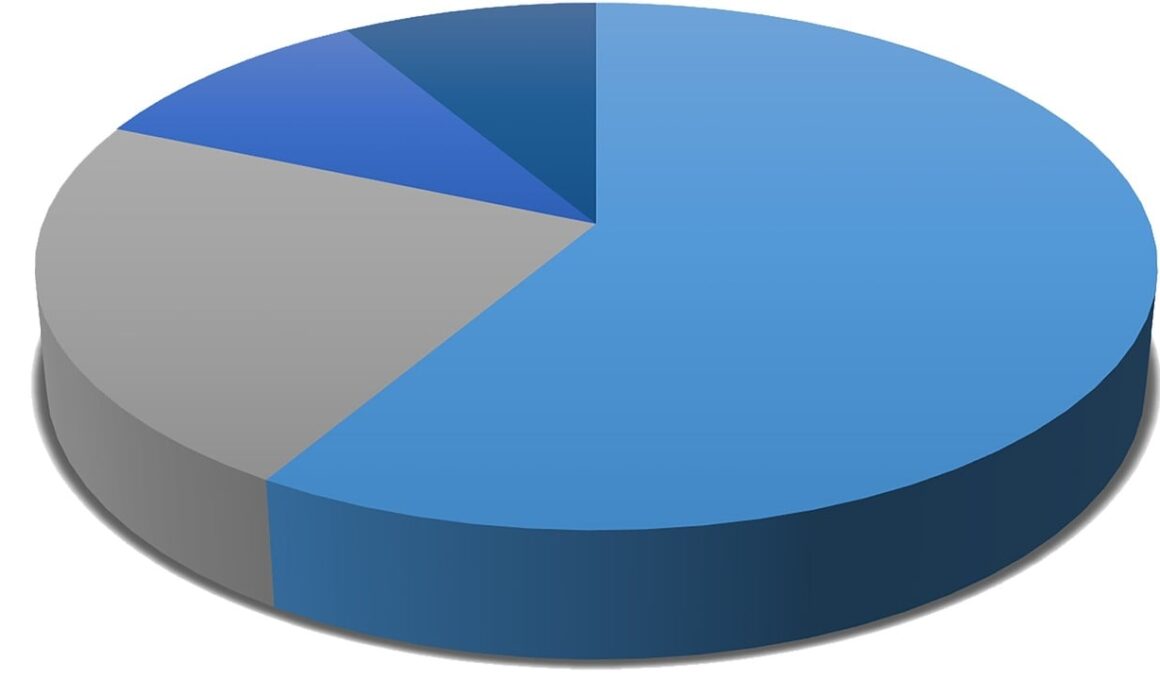The Ethics of Using Secondary Data in Market Research
In the realm of market research, secondary data plays a crucial role in informing business decisions. The ethics surrounding its use are vital to ensure integrity. Secondary data is generally data collected by someone other than the user. It’s essential for researchers to assess the credibility and legitimacy of the data source prior to utilization. Using questionable data can lead to erroneous conclusions and hamper decision-making. Ethical considerations include gaining proper access to the data and respecting user privacy laws. Essentially, research data should be used responsibly, meaning that the context in which it was collected must also be considered. Researchers must avoid misrepresenting data to suit their agenda. It’s also critical to provide clear attribution to data sources to give credit for others’ work. Implementing comprehensive data validation methods can enhance the ethical use of secondary research. This protects consumers by ensuring that research findings are valid, reliable, and accurately reflect the data landscape. Therefore, ethical guidelines must be followed to maintain the trustworthiness of market research practices. This fosters a culture of integrity and responsibility among businesses in market research.
While secondary data offer many advantages, the ethical implications are increasingly complex with the advancement of technology. The advent of big data means that vast amounts of information are readily available, but not all data is ethically sound. Prioritizing ethical use over convenience is essential for proper market research. Researchers should be aware that data integrity can be compromised if source validation isn’t rigorously conducted. In the quest for comprehensive insights, some may opt to use data that may be outdated or misclassified. This can lead to negative outcomes, such as misinformed strategies and loss of credibility. Before commencing research, it is vital to evaluate the implications of using secondary data to ensure compliance with both ethical and legal standards. Sometimes, obtaining explicit consent is required to use certain datasets, underscoring the importance of acknowledging rights and privacy. Moreover, researchers should remain transparent about their use of secondary data in reports and publications. They should disclose sourced information and how it was obtained. Such transparency builds credibility for the research while maintaining ethical standards throughout the market research process.
The Risks of Unethical Data Use
Engaging in unethical practices while using secondary data can expose researchers and organizations to numerous risks. These risks can vary widely, but often lead to severe consequences. Misleading findings may arise from using data without fully understanding its context or limitations. When results are published based on questionable information, reputations can suffer. Additionally, legal ramifications may emerge as regulatory bodies scrutinize companies that fail to comply with data protection laws. This situation can result in fines and loss of customer trust. Furthermore, the long-term effects of utilizing questionable data can lead to strategic missteps. A business may invest heavily based on faulty insights, ultimately wasting resources and damaging relationships with stakeholders. To mitigate these risks, it is crucial to employ a thorough data validation process. Researchers should ascertain the source, accuracy, and relevancy of secondary data before proceeding. Engaging with data ethically benefits not just individual researchers, but the entire field of market research. Building a reputation for ethical research can inspire confidence among clients and consumers alike, ensuring a sustainable future for all stakeholders involved.
Another ethical consideration pertains to the cultural sensitivity of secondary data. Data collected from diverse populations should be handled with care to avoid perpetuating stereotypes or biases. When analyzing secondary data, researchers must consider the cultural context from which it was derived. Misinterpretation of cultural norms can lead to harmful conclusions. Ethical research emphasizes fostering inclusivity and respect for different backgrounds. Moreover, researchers should ensure they understand the cultural connotations of the data they use. Consulting with relevant communities and stakeholders about their data usage can help ensure that the research is ethical and responsible. Businesses can then align their strategies with socially responsible practices. Incorporating ethical frameworks that promote cultural sensitivity not only enhances research quality but also enriches the overall understanding of the market landscape. Education on cultural awareness and ethical considerations should therefore be prioritized in market research methodologies. Consequently, organizations will be better equipped to interpret secondary data effectively while respecting the diverse populations that contribute to the data pool.
Data Privacy and Protection
Data privacy is another critical ethical frontier in the use of secondary data. Researchers must ensure compliance with various data protection regulations, such as GDPR or CCPA. Ensuring that sensitive information is handled with strict security measures protects individuals’ rights and fosters trust. Datasets often contain personal information that requires anonymization before any analysis. Failing to do so can lead to breaches of privacy and result in legal actions. Thus, implementing robust data governance policies is essential for ethical research practices. Researchers must keep updated on the latest laws governing data use to avoid unintentional violations. Furthermore, organizations should invest in training researchers about ethical standards and legal obligations. Tailored education on ethical challenges surrounding secondary data helps maintain a culture of accountability. Security protocols should be established to protect proprietary information from unauthorized access or misuse. In addition, communication about these policies ensures transparency and builds trust among stakeholders. Adhering to privacy guidelines not only upholds ethical standards but also enhances the reliability of research findings and strengthens relationships with clients and consumers.
Another important aspect of ethics in secondary data use involves the critical evaluation of potential biases in the data. Secondary data can carry inherent biases based on how it was collected or who collected it. Researchers must scrutinize the dataset for any discrepancies that might skew their results and conclusions. This step often requires a thorough understanding of the methodology behind the original data collection process. By being aware of potential biases, researchers can mitigate the risk of misinterpreting results or drawing flawed conclusions. Taking an analytical approach towards this data analysis can enhance overall research integrity. Additionally, researchers should collaborate with other professionals to gain perspective and identify institutional biases. Peer input fosters discourse that can lead to more ethical and well-rounded findings. Therefore, it’s essential to scrutinize the data extensively to ensure comprehensive understanding and utilization. Disclosing these evaluations in reports adds layers of transparency. Ultimately, recognizing and accounting for biases in secondary data enhances research quality and influences ethical decision-making in all aspects of market research.
Conclusion and Future Directions
The ethical use of secondary data in market research is of paramount importance in ensuring reliable and trustworthy findings. To navigate the complexities surrounding future datasets, researchers must stay informed and vigilant about ethical standards. Educational initiatives focusing on ethical research practices should be promoted to cultivate a culture of responsibility. Stakeholders across the market research landscape must advocate for regulations that govern data usage and encourage accountability. Continuous dialogue about ethical considerations will help propel the discipline forward. Moreover, technologies that facilitate data collection and analysis must incorporate ethical frameworks. It’s crucial for organizations to embrace these practices to secure a competitive edge while maintaining societal trust. Additionally, as new methodologies evolve, adapting to modern ethical challenges will remain necessary. Therefore, it’s essential to focus on a balanced approach that values both data utility and ethical considerations. By doing so, the future of market research can thrive in an environment of integrity and trust, ultimately benefiting consumers and businesses alike. Researchers who prioritize ethics in their methodologies will undoubtedly emerge as leaders in an evolving field.
In summary, acknowledging the intertwining nature of ethics and secondary data usage is essential for the integrity of market research. Researchers have an obligation to uphold ethical standards while drawing insights from existing datasets. This ensures that conclusions and recommendations are grounded in reliable information. A proactive approach to ethical practices encourages transparency, accountability, and cultural sensitivity. Leveraging secondary data ethically cultivates trust and collaboration within the industry, fostering a positive environment for all stakeholders. As markets continue to evolve and adapt, a steadfast commitment to ethical principles will help advance the insights drawn from secondary data analysis. Further, stakeholders must demand rigorous adherence to establish ethical frameworks in research practices, thus narrowing the gaps between market needs and genuine research outcomes. As duties to both clients and consumers expand, adapting to changing ethical landscapes will prove paramount. Therefore, incorporating ethical considerations into secondary research can help create a more sustainable future within market research, ultimately benefiting us all.


